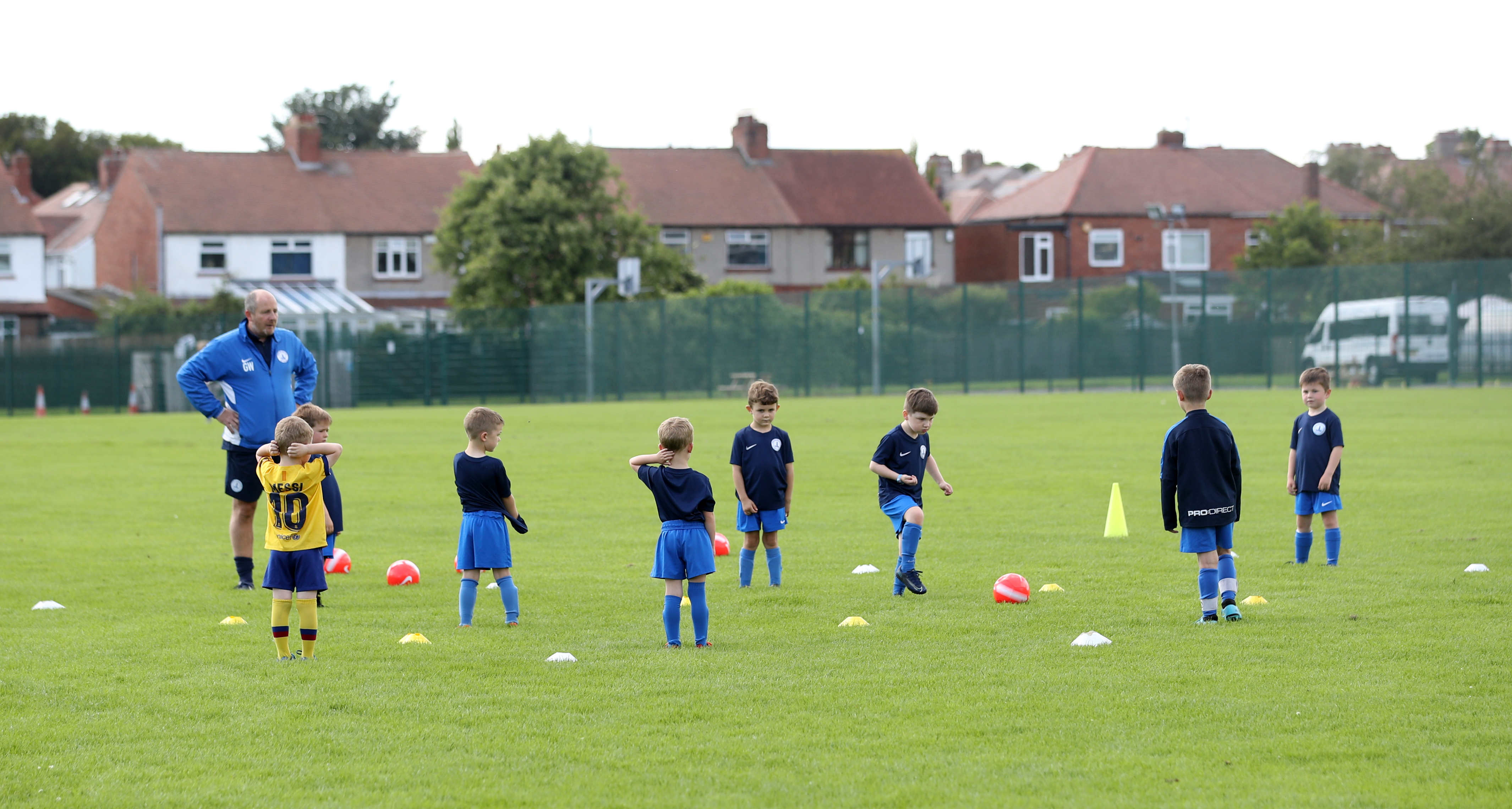Deliberate heading could be banned from football for children under 12

The best features, fun and footballing quizzes, straight to your inbox every week.
You are now subscribed
Your newsletter sign-up was successful
Want to add more newsletters?

Five times a week
FourFourTwo Daily
Fantastic football content straight to your inbox! From the latest transfer news, quizzes, videos, features and interviews with the biggest names in the game, plus lots more.

Once a week
...And it’s LIVE!
Sign up to our FREE live football newsletter, tracking all of the biggest games available to watch on the device of your choice. Never miss a kick-off!
Join the club
Get full access to premium articles, exclusive features and a growing list of member rewards.
Deliberate heading could be completely banned from football for children under 12 in England in two seasons’ time.
The Football Association announced on Monday it had been given approval by the game’s lawmakers, the International Football Association Board, to trial the removal of heading in selected grassroots competitions and leagues which come forward to take part in the coming season.
If successful, the FA will apply to IFAB for a law change to remove heading at under-12 level and below from the 2023-24 season.
The @FA has been granted approval from The International Football Association Board to introduce a new trial to remove deliberate heading in football matches across U12 level and below in England from the start of the 2022/23 season.— The FA (@FA) July 18, 2022
It follows the introduction of guidance in 2020 which advised coaches against practising heading in training in football for children aged 11 and under, with a graduated introduction of light heading into training from under-12s up to under-16s level.
A recommended limit of 10 high-force headers per week in training was also introduced into professional football and the adult grassroots game before the start of last season.
The application for trial is part of the FA’s attempts to mitigate against any potential risks of heading a ball, at a time when research is continuing into the possibility of a link between repeated heading of a ball and neurodegenerative disease.
“It represents a cautious approach to playing and enjoying football whilst ongoing research continues in this area,” an FA statement read.
The best features, fun and footballing quizzes, straight to your inbox every week.

Dawn Astle, the project lead for neurodegenerative diseases in football at the Professional Footballers’ Association, welcomed the trial.
“We want all our children to enjoy their football, but they must be able to play safely,” she said.
“The proposed new trial to extend the heading guidelines already in place for training to matches is a logical and sensible step.
“Football has a duty of care to continue to mitigate against the risks of heading a ball. This obligation includes youth football but also applies to care of players in the elite professional game.
“Going into the 2022-23 season, all professional clubs must incorporate the appropriate heading guidelines into their training regimes. Their responsibility extends to their youth, women’s and men’s teams.”
Dawn Astle, PFA Project Lead for NDD in Football:— Professional Footballers' Association (@PFA) July 18, 2022
Astle has long campaigned for tougher rules around heading. The death of her father, former West Brom and England striker Jeff Astle, was ruled by a coroner in 2002 as the result of industrial disease owing to repeated heading of a football.
A subsequent re-examination of Astle’s brain by consultant neuropathologist Dr Willie Stewart led to the discovery that he had been suffering from chronic traumatic encephalopathy (CTE), a progressive brain disease.
The FIELD Study, led by Dr Stewart, found in 2019 that professional footballers were three and a half times more likely to die of neurodegenerative disease than age-matched members of the population.
Dr Adam White, senior lecturer in sport and coaching sciences at Oxford Brookes University, described the trial as a “watershed moment” for football.
“This will not only help prevent concussions, it will also help stop CTE,” he said.
“We need to protect kids’ brains from these repetitive head impacts and I strongly urge other sports like rugby to take similar steps to prevent kids from brain trauma. We can act now to protect the future.”
 Join The Club
Join The Club










